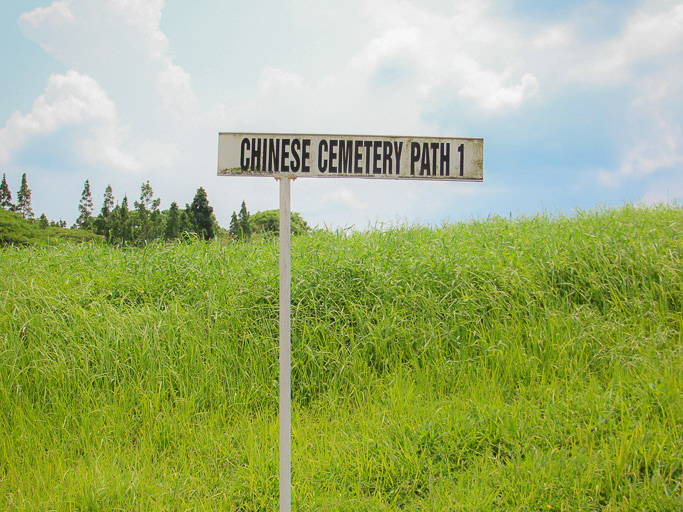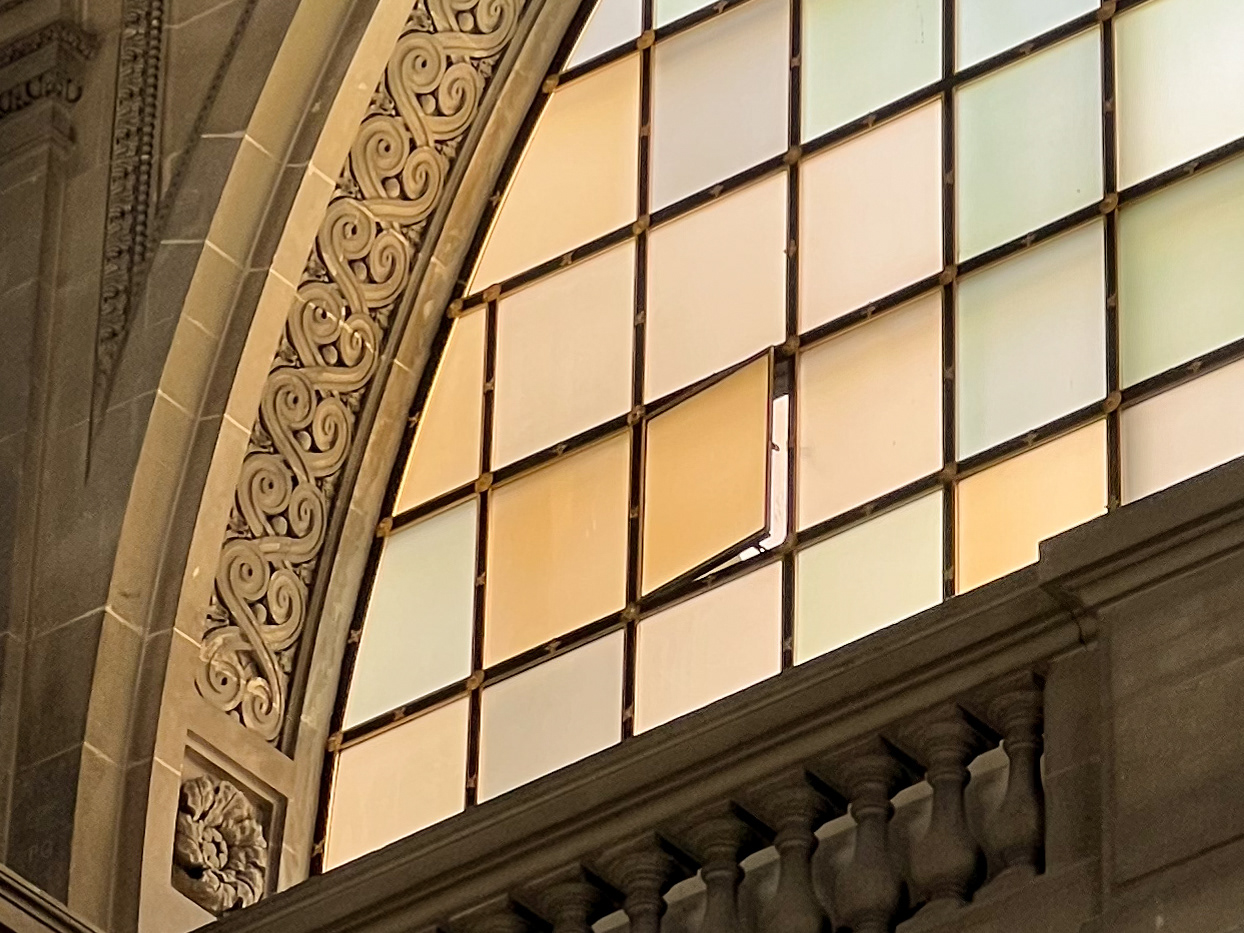I am so ridiculously fond of this man’s poetry that all useful vocabulary has flown out of the window -- I don’t know how to begin this except by saying that all he writes is so Good. It’s a warm, simple kind of Goodness, rooted in a celebration of the urgency of paying attention to small, everyday things. In Gay’s collection this ranges from the act of unbuttoning one’s shirt to the anatomical curvature of one’s armpit, each subject handled with such effusive gentleness that they become so extraordinary and important. The delight I found in his words, I think, comes from Gay’s ability to balance ideas and emotion so his writing never reaches a point of heavy-handedness: eager verbosity in language is paired with acutely tactile observation, mundane daily tribulations and sensitive experiences like grief with delicacy and gratitude. The lightness of his poetry is found not in shirking the ugly, but revelling in the experience. And the result? A nuanced emotion of delight, at once unadulterated in its awe and complex in its sensitivity towards our everyday lives.
There is a kind of breathless enthusiasm in Gay’s writing, with a voice that favours eager, run-on sentences, ideas expressed in lines often running into stanzas with sparse punctuation. In ‘Catalog of Unabashed Gratitude’, the eagerness of the speaker as he expresses thanks with “And you, again, you, for the true kindness / it has been for you to remain awake / with me like this”, stanza after stanza beginning with “and thank you” in a never-ending breath, reflects the genuine gratitude the poem effuses. Most of Gay’s poems are long; pages are barely separated into individual stanzas, emphasising the urgency and emotion with which Gay records down the world around him. The verbosity of the lines reflects the detail and attention Gay provides to his subjects, from the common “robin” to a “woman barefoot in a gaudy dress”, elevating them to figures of utmost importance. It is this unadorned, tactile imagery that lays bare and presents Gay’s ideas to us with clarity and truth, ensuring that his eagerness never deviates into gushing insincerity, and is instead balanced carefully with the simple imagery he employs. In ‘Armpit’, the poem grounds itself in the image of “light sifting / through the rafters”, an evocative scene that provides comfort in its simplicity, a reminder of the beauty to be found through direct observation and the uncomplicated pleasures of “watch[ing] the pigeons”. For me, Gay’s poetry holds a visual reflection of the everyday beauty he celebrates, allowing us to picture and appreciate such subjects for their own.
It is this balance of language and imagery that aids Gay’s exploration of heavy themes with a light hand, as well as to imbue simple subjects with especial wonder. This is his version of “gratitude”, and it is achieved through an awareness in his poetry of both the good and bad in the everyday. In poems like ‘Burial’, a father’s death is reimagined as a wonderful returning “into the minor yawns of the earth”, death paradoxically an experience full of vibrancy and action as he “[dives]” and “[waves]” and “[guffaws]” in his absence. Topics like the murder of a “gay black man” in ‘Spoon’ celebrate the “strength” of a man who persisted and “survived” in the face of cruel marginalisation, finding a more subtle and humanising means of condemning hate crime even as Gay acknowledges how “awful” the tragedy is. In his other poems, the format of an “ode” is inherently appreciative, bringing attention and awareness to the simple physicality of “buttoning and unbuttoning [one’s] shirt”. On one level, the action of “buttoning” serves as a metaphor for treating others “with delicacy” and care, but Gay also seems to revel in the beauty inherent in a trivial action, that “distinct pleasure / of slowly untethering / the one side / from the other”, the “slow[ness]” of his fingers completely present in the single moment. Ultimately, Gay’s poetry never feels overly embellished and contrived because he handles such subjects so carefully, and his poems feel like a fresh reminder of the value of gratitude and joy in facing the everyday.
And this all endears his poetry so much to me -- there’s something so lovely and hopeful about being unabashedly eager and thankful, and the balance he strikes with pencil and paper is something that offers both comfort and aspiration. In his hands small things are tended and grow into far larger wonders, providing solace and hope in a time when it is so easily forgotten. (In his own words! “How can we not be joyful in a moment like this? … It is joy by which the labour that will make the life that I want, possible. So it is not at all puzzling to me that joy is possible in the midst of difficulty.” -- and we remember to be soft to each other, and ourselves, only when we remember that we have all been in pain.) This is a collection I’ll return to again and again, a delight that beckons.
(I found Ross Gay through the On Being Project, and this remains one of my favourite podcast episodes till today.)




